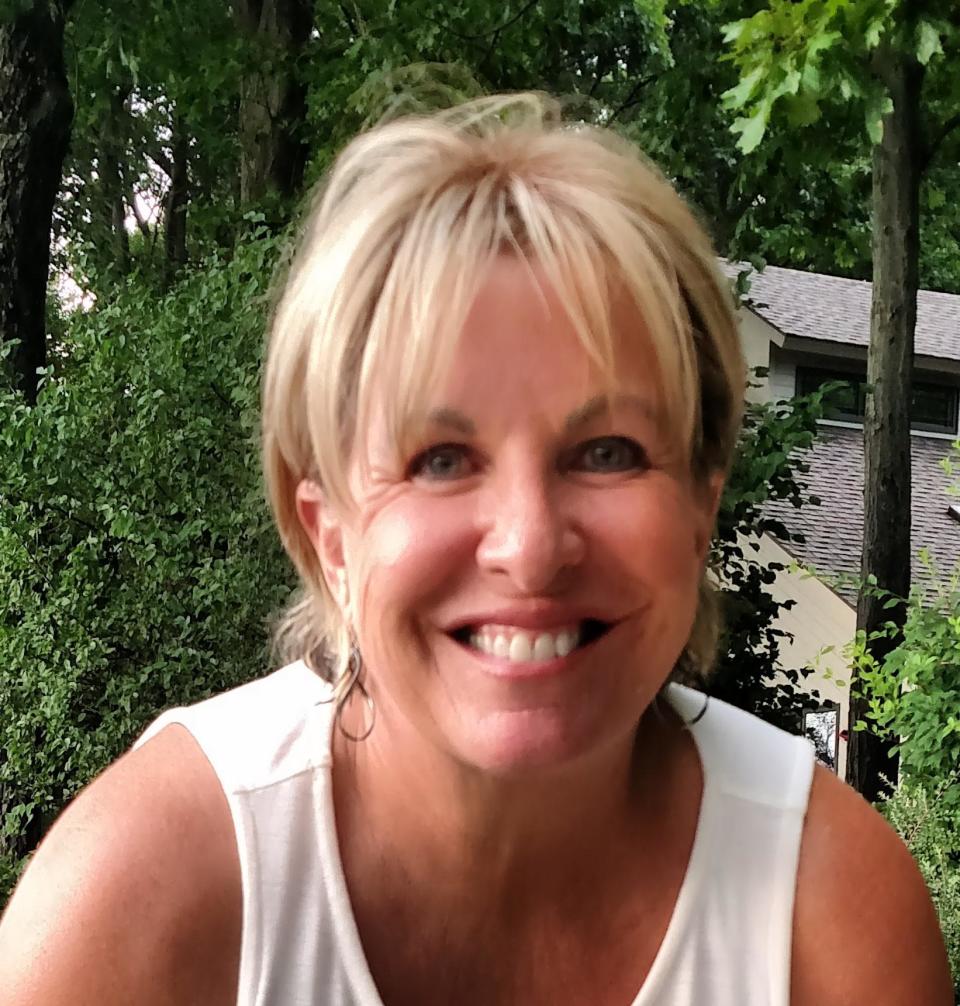Lynn Smith: Watching the watchers
During the century following Jesus’ birth, the Roman poet Juvenal spent his career shining a satirical light on the corruption of the Roman citizenry. He famously condemned the common people who had, “abdicated their duties and anxiously hoped for just two things: bread and circuses.”
Juvenal grew increasingly distraught as his fellow Romans became lazy and out of touch, content to be entertained and distracted by their political leaders, rather than demanding excellent public service. He feared that the Roman populace would eventually pay a stiff cost for their indifference, and tragically, he was right. Three centuries after Juvenal’s passing, a string of incompetent and autocratic leaders had destroyed the Roman empire.

Because Americans are now stumbling into their own era of “bread and circuses”, we should address a question that’s as relevant now as it was when Juvenal asked it many centuries ago: “Who will watch the watchers?”
His query embodied a plea to hold those in power accountable for their actions and prescribed a system of laws to constrain tyrannical leaders from oppressing and controlling the populace. Thirteen centuries later, our Founding Fathers realized that “watching the watchers” would require American citizens to possess the knowledge to provide competent oversight of their governing class. Ultimately, the Founder’s desire for a “well-informed citizenry” was the reason for including the First Amendment in the Bill of Rights, which among other things, guaranteed a free press.
In speaking for the Founders, Thomas Jefferson wrote, “Our liberty depends on the freedom of the press, and that cannot be limited without being lost.” Jefferson knew that if the government was allowed to censor the media, the resulting reporting would lack the accuracy necessary for citizens to hold their leaders accountable. Further, the Founders believed that individual citizens should be able to conduct investigations of governmental operations without fear of reprisals … a principle that’s become a cornerstone of democracies throughout the world.
But in recent years, the contention that the press is “the enemy of the people”, suggests that freedom of the press could be in jeopardy. For years, Trump has called the press “unpatriotic,“ often labeling their work “treasonous,” and has long threatened to alter the country’s libel laws to allow him to sue media outlets for reporting any news he finds unflattering. Previous presidents have bitterly criticized the press, but Trump is alone in suggesting that journalists deserve violent repercussions for performing their constitutionally protected function. In doing so, he’s joined arms with China, Iran and Russia … countries that routinely imprison journalists for bravely reporting the truth.
Without the relentless work of American journalists, we would have never known about the brutal conditions endured by immigrant laborers in the Chicago Meatpacking industry, a discovery that undercover reporter Upton Sinclair brought to light in The Jungle. And without Seymour Hersh of the St. Louis Post-Dispatch, we never would have known about the civilians killed in the South Vietnam village of My Lai, a massacre intentionally shrouded in secrecy by the U.S. Army.
It wasn’t until The Washington Post’s publication of The Pentagon Papers that we learned how four successive political administrations anticipated failed outcomes in the Vietnam war, but perpetually withheld that critical information from U.S. citizens. And because Bob Woodward and Carl Bernstein spent two tireless years investigating the Watergate debacle for The Washington Post, their Pulitzer Prize winning reporting led to the downfall of President Richard Nixon.
Investigative journalists at The Wall Street Journal exposed the Enron scandal, a story of corruption deeply rooted in corporate America’s quest to maintain the appearance of consistently rising profits. And it was Ronan Farrow’s investigative work for The New Yorker that brought down Hollywood producer Harvey Weinstein and helped launch the campaign against workplace sexual harassment, otherwise known as the Me Too movement.
Subscribe: Get all your breaking news and unlimited access to our local coverage
Because thousands of local newspapers have shut down in recent years, 70 million Americans now live in counties with only one local newspaper, or none at all. These “news deserts” are defined by the absence of local news coverage focused on both exposing wrongdoing and encouraging civic engagement. Governmental power flows up from our local towns, cities and counties, so when Abraham Lincoln spoke of a government of the people, by the people, and for the people, he was envisioning a governing class housed in small towns all across our country, not isolated in Washington, D.C. Even a constitutionally-protected free press can’t make a difference when a growing number of small towns have no one watching the watchers.
I hope you’ll honor your community, and the Constitution, by subscribing to a local newspaper today.
To learn how to subscribe to The Sentinel, visit bit.ly/3Gmmzdm.
— Community Columnist Lynn Smith is a retired wealth management executive who resides in Holland. Contact her at lynn.angleworks@gmail.com.
This article originally appeared on The Holland Sentinel: Lynn Smith: Watching the watchers

